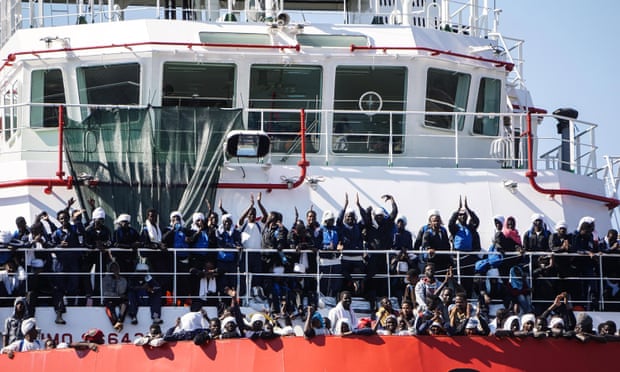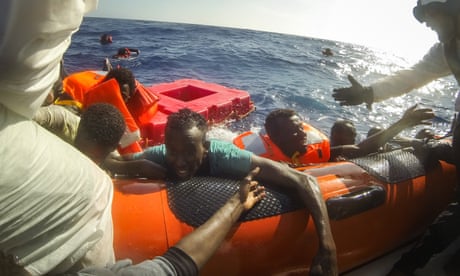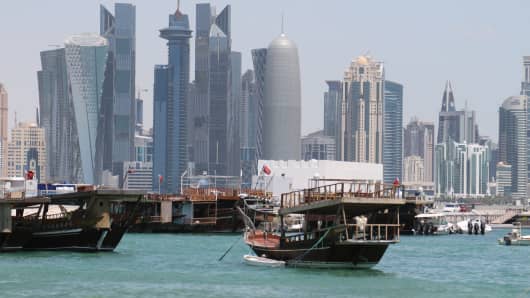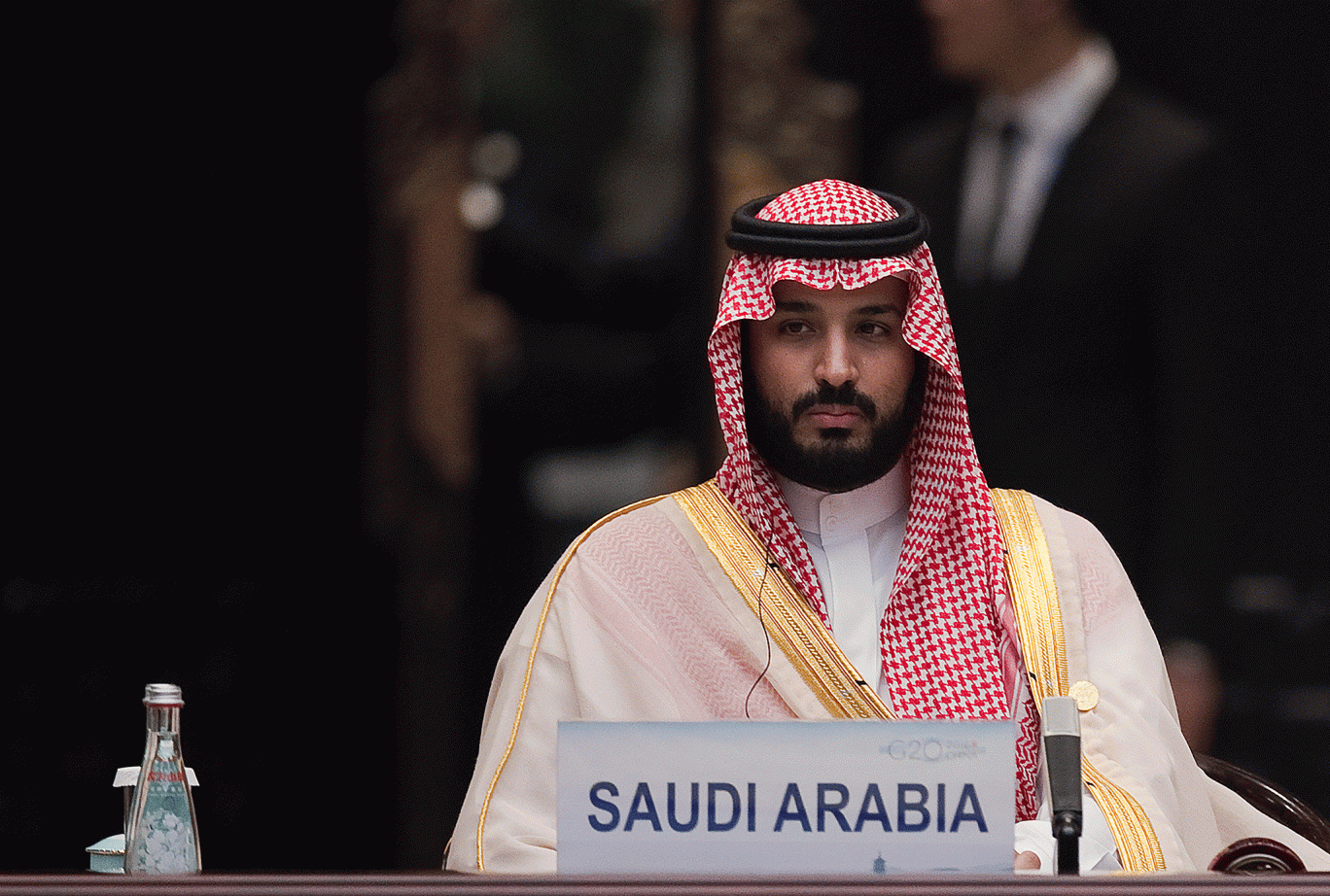The governments in Saudi Arabia, Egypt and the UAE are all wary of the Muslim Brotherhood because it enjoys support as an Islamist party among a broad base, Sluglett said. In the case of Iran, he added, a key factor is the Trump administration's threat to review a landmark deal that lifted most economic sanctions against Iran in return for curbing its nuclear and missile programs.
"The Americans cannot unilaterally back out of the deal as it is the P5+1 [permanent five members of the U.N. security council and Germany], so they are using the GCC and Egypt to put pressure on any countries supporting Iran," Sluglett said, referring to the Gulf Cooperation Council, which counts Qatar, Saudi Arabia, Kuwait, the United Arab Emirates, Bahrain and Oman as members.
Charles Lister, a senior fellow at the Middle East Institute, responded on Twitter to the news by pointing out that Qatar "is very heavily reliant on food supplies accessed" through Saudi Arabia, so a closing of the borders poses a "very" serious challenge to Doha.
For its part, Saudi Arabia accused Qatar of backing militant groups and spreading their violent ideology, in an apparent reference to its influential state-owned satellite channel al Jazeera.
"(Qatar) embraces multiple terrorist and sectarian groups aimed at disturbing stability in the region, including the Muslim Brotherhood, ISIS (Islamic State) and al-Qaeda, and promotes the message and schemes of these groups through their media constantly," state news agency SPA said.
The statement went on to accuse Qatar of supporting what it described as Iranian-backed militants in its restive and largely Shi'ite Muslim-populated Eastern region of Qatif and in Bahrain.
Qatar said in May that hackers had faked remarks by its emir, Sheikh Tamim bin Hamad al-Thani, criticizing some leaders of fellow Gulf Arab states and calling for an easing of tensions with Iran, a regional adversary.
But several Gulf Cooperation Council states rejected Qatar's explanation, leaving local media to unleash a barrage of attacks accusing the emir of cozying up to Tehran.
Qatar shares the world's largest gas field, South Pars, with Iran. The commercial and business ties have irritated Saudi Arabia and other Gulf Cooperation Council countries at odds with Iran over Tehran's support for Shia-linked militants.
Sluglett noted that Qatar's dealings with Iran center on the gas field and that Doha is uncomfortable at times with a hard push against Tehran: "They find it quite ridiculous to blindly follow U.S. views on Iran."
But, he added, the possibilities of the tensions to escalate to conflict are unlikely. "I wouldn't think it would lead to bare-knuckle fighting, but I wouldn't have seen the Saudi be so adventurous in Yemen either."
Qatar, Sluglett added, has used its soft power status as an ally to the U.S. by hosting the U.S. Central Command and also a winning, but controversial, bid to host the 2022 FIFA World Cup.
"This soft power image is very important to Qatar," Sluglett said. "The Saudis and others know this and this can be seen as a warning they must behave themselves."
Bahrain, a close Saudi ally, also said on Monday it has cut diplomatic relations with Qatar, accusing its fellow Gulf Arab state of backing terrorism and interfering in Bahrain's internal affairs.
The United Arab Emirates' decision to cut ties with Qatar was reported by state news agency WAM, accusing its Gulf Arab neighbor of supporting extremism and undermining regional stability.





 Nearly 1,500 migrants in 12 boats were rescued from the Mediterranean by
Nearly 1,500 migrants in 12 boats were rescued from the Mediterranean by 
















 Deputy Crown Prince and Defence Minister Prince Mohammed bin Salman is the most powerful figure in Saudi decision making
Deputy Crown Prince and Defence Minister Prince Mohammed bin Salman is the most powerful figure in Saudi decision making 
















